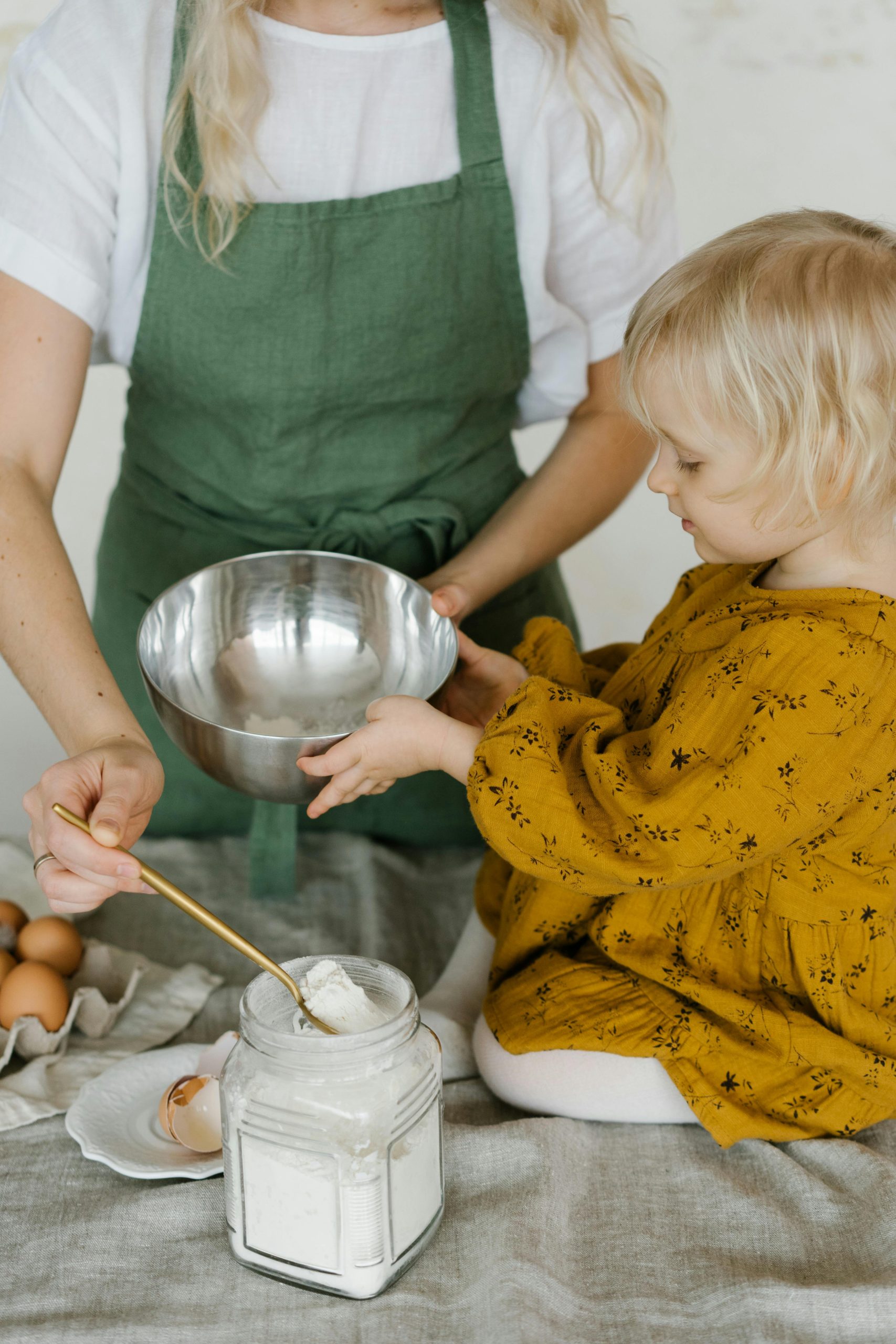In the bustling world of academia, where exams and assessments dominate the landscape, it’s easy to overlook the value of activities beyond textbooks and classrooms. Yet, one skill set often sidelined in traditional education is culinary prowess. Yes, you read that right – cooking! Beyond the delicious meals and Instagram-worthy presentations, culinary skills offer a plethora of benefits, particularly in enhancing focus and fostering creativity. In this blog, we’ll delve into the surprising ways in which learning to cook can serve as a catalyst for academic success.
Key Research
A notable UK-based study conducted by researchers at the University of Sheffield’s School of Education examined the relationship between cooking skills and academic achievement among primary school children. The study, titled “Cooking Skills and Academic Performance: A Longitudinal Analysis,” followed a cohort of children from diverse socioeconomic backgrounds over several years. The researchers found a strong association between children’s proficiency in cooking and their academic performance across multiple subjects, including mathematics, science, and literacy. Furthermore, the study revealed that children who participated in cooking activities at home or in school demonstrated higher levels of engagement and motivation in their academic work. These findings highlight the significant role that cooking skills play in shaping children’s academic outcomes and suggest that promoting cooking education could be an effective strategy for improving educational attainment.
The Science Behind the Sauce
Before we explore the tangible benefits, let’s dive into the science. Cooking engages multiple senses simultaneously – sight, smell, touch, and taste. When we chop, stir, and sauté, our brains are firing on all cylinders, creating new neural connections and strengthening existing ones. Studies have shown that such multi-sensory experiences stimulate cognitive function, improving memory, attention, and problem-solving skills. Moreover, the act of following a recipe requires sequential steps and attention to detail, honing one’s ability to focus and concentrate – skills crucial for academic success.
Creativity Unleashed
Cooking is as much an art as it is a science. It’s a realm where rules can be bent, flavours can be experimented with, and innovation reigns supreme. Encouraging students to explore the culinary world nurtures their creativity and empowers them to think outside the box. Whether it’s inventing a new recipe or improvising with limited ingredients, the kitchen provides a canvas for self-expression and innovation. These creative exercises not only boost confidence but also cultivate a mindset of resilience and adaptability – qualities essential for tackling academic challenges.
Cultivating Confidence
Imagine the sense of accomplishment when a student prepares a dish from scratch for the first time – the satisfaction of seeing raw ingredients transform into a delectable masterpiece. Such experiences are invaluable for building self-esteem and instilling a sense of pride in one’s abilities. As students conquer culinary challenges, they can develop confidence in their capacity to learn and excel in other areas of life, including academics. This newfound self-assurance can also fuel a positive feedback loop, encouraging them to tackle academic obstacles with the same determination and resilience.
Nourishing Mind and Body
Beyond the cognitive benefits, learning to cook promotes holistic well-being by fostering healthy eating habits. In today’s fast-paced world, convenience often trumps nutrition, leading to a rise in processed and unhealthy foods. By equipping students with culinary skills, we can empower them to make informed choices about what they eat, leading to improved physical health and overall vitality. A well-nourished body is better equipped to handle the rigours of academic life, ensuring that students can perform at their peak potential.
Enhancing Social Skills
Cooking is rarely a solitary endeavour. It’s a communal activity that brings people together, fostering connections and nurturing social skills. Whether it’s collaborating on a group project or hosting a dinner party, the ability to communicate effectively and work as part of a team is invaluable in both academic and professional settings. By encouraging students to cook together, we create opportunities for meaningful interactions and teach essential life skills that extend far beyond the kitchen.
Integrating Culinary Education into Academia
Now that we’ve explored the myriad benefits of culinary education, the question arises – how can we integrate it into the academic curriculum? The answer lies in embracing a holistic approach to education that recognises the value of experiential learning. Incorporating cooking classes, nutrition workshops, and culinary projects into the curriculum not only enriches students’ educational experience but also equips them with essential life skills that will serve them well in the future.
The Takeaway
In a world where academic success is often measured solely by grades and test scores, it’s crucial to recognize the importance of holistic education. Learning to cook is not just about mastering recipes; it’s about fostering creativity, building confidence, and nurturing essential life skills. By embracing culinary education, we can empower students to thrive both inside and outside the classroom, setting them on a path to success in all aspects of their lives.
So, let’s grab our aprons, roll up our sleeves, and embark on a journey of culinary discovery – because cooking up success can, surprisingly, start in the kitchen!
For more tips on enhancing learning through unique activities, read our other blogs!

